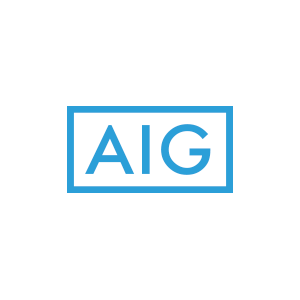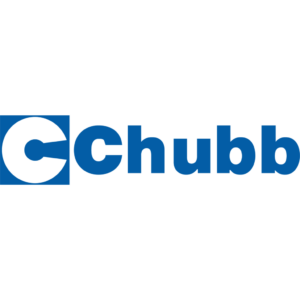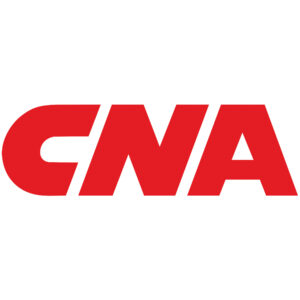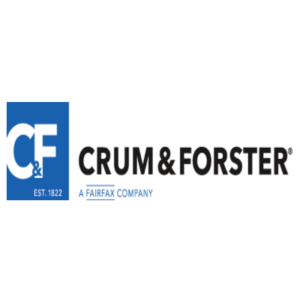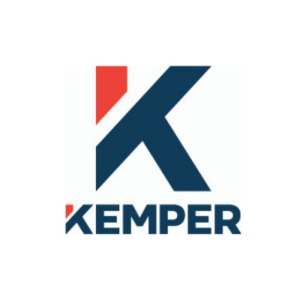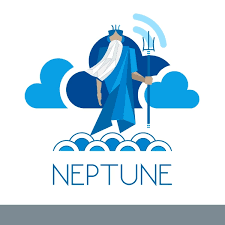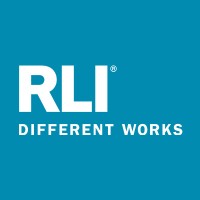Construction Insurance
Protect Your Business and Keep it Running with Construction Insurance
Secure your business with construction insurance, no matter what you build
Construction insurance is a vital form of coverage that all builders and contractors should understand. In this guide, we will provide you with the essential information about construction insurance, its purpose, and why it is crucial for anyone involved in the construction industry. Whether you are an individual contractor or a large construction company, this article will equip you with the knowledge you need to protect yourself and your projects against potential risks and liabilities.
Who does construction insurance benefit?
Construction insurance benefits a wide range of stakeholders involved in construction projects. These stakeholders include:
Contractors: Construction insurance provides contractors with financial protection against the various risks associated with construction projects. It helps cover the cost of potential accidents, injuries, property damage, and liabilities that may occur during the course of construction work.
Subcontractors: Subcontractors working on construction projects benefit from insurance coverage that protects them from potential liabilities and financial losses arising from their work, such as accidents or defective workmanship.
Property Owners: Construction insurance provides peace of mind to property owners, ensuring that their investment is protected. It can cover property damage, delays in construction, and potential liability claims related to the project.
Architects and Engineers: These professionals may carry professional liability insurance, a form of construction insurance, to protect against claims of errors or omissions in their designs and recommendations.
Lenders and Financial Institutions: Lenders often require construction insurance to safeguard their interests, as it ensures that the project can continue in case of unexpected setbacks or disasters.
Project Managers: Project managers or construction managers may obtain insurance coverage to protect themselves and their clients from potential issues during the construction process.
Government and Regulatory Bodies: Construction insurance can ensure that projects comply with local regulations and standards, providing a safety net in case of non-compliance.
Workers and Employees: Construction insurance often includes workers’ compensation coverage, which benefits construction workers by providing medical coverage and income replacement in case of job-related injuries or illnesses.
Suppliers and Manufacturers: Companies supplying materials or equipment to construction projects may benefit indirectly from construction insurance as it helps ensure the completion of projects and the payment of invoices.
Legal Professionals: Attorneys and legal professionals may become involved in construction-related disputes, and insurance coverage helps ensure there are resources available to address legal issues.
Commercial Insurance Quote
Discover the comprehensive coverage included in a construction insurance policy
A construction insurance policy typically includes a range of coverage components tailored to address the specific risks and needs of construction projects and the various stakeholders involved. While the exact coverage can vary among policies and providers, here are common elements often included in construction insurance:
Commercial General Liability (CGL) Insurance: This core coverage protects against bodily injury and property damage claims that may occur during construction work, such as accidents involving third parties, clients, or damage to property.
Builder’s Risk Insurance: Also known as course of construction insurance, this coverage protects against damage or loss to the construction project itself, including the building under construction and materials on-site, due to events like fires, theft, vandalism, or natural disasters.
Workers’ Compensation Insurance: Typically required by law, this insurance covers medical expenses and lost wages for construction workers who are injured on the job.
Commercial Auto Insurance: If construction vehicles are used for transportation to and from job sites, this insurance covers accidents and damages related to those vehicles.
Contractor’s Equipment Insurance: Protects construction equipment, tools, and machinery against damage, theft, or loss, both on and off the job site.
Professional Liability Insurance: Architects, engineers, and other professionals involved in construction may carry professional liability insurance to protect against claims of errors or omissions in their designs or recommendations.
Employment Practices Liability Insurance (EPLI): Protects against claims related to employment issues, such as harassment, discrimination, or wrongful termination, that may occur among construction staff.
Environmental Liability Coverage: Addresses pollution-related risks and potential environmental damage caused by construction activities.
Owner-Controlled Insurance Programs (OCIP) or Contractor-Controlled Insurance Programs (CCIP): These programs provide comprehensive insurance coverage for all parties involved in a construction project, often resulting in cost savings and streamlined claims management.
Subcontractor Default Insurance (SDI): Provides protection against the financial impact of subcontractor defaults or failures to complete their work.
Surety Bonds: While not insurance in the traditional sense, surety bonds are often required to guarantee the completion of a construction project or payment to subcontractors and suppliers.
Wrap-Up Insurance: A type of OCIP or CCIP, wrap-up insurance consolidates coverage for all parties involved in a construction project under a single policy.
Project-Specific Insurance: Some policies are tailored to a specific construction project’s unique risks and needs, offering coverage for the duration of that project.
Construction insurance policies can be highly customizable, with coverage elements added or adjusted based on the size of the project, the types of risks involved, and the contractual requirements of all parties. Construction professionals should work closely with their insurance providers to ensure they have comprehensive coverage that adequately addresses their specific needs and liabilities.

As a construction company, protecting your business with an insurance policy is crucial.
Reach out to us for a personalized consultation and explore the coverage options that suit your specific needs.
Companies We Work With

